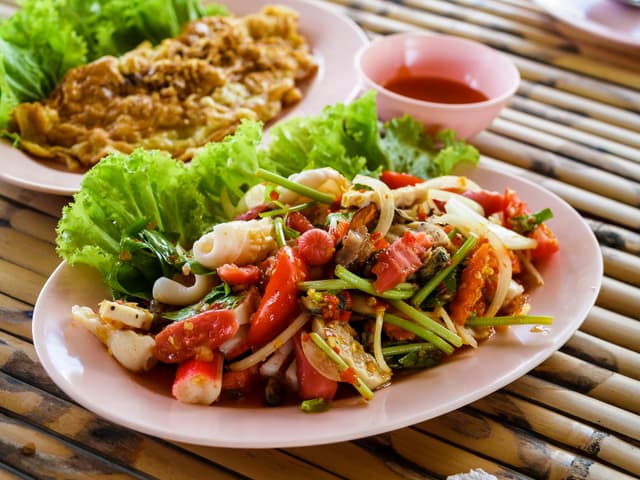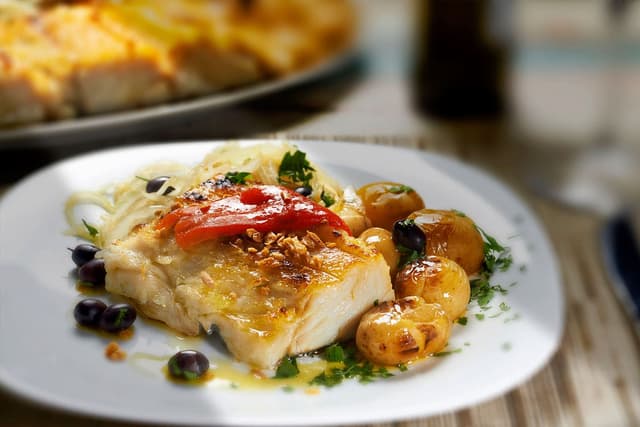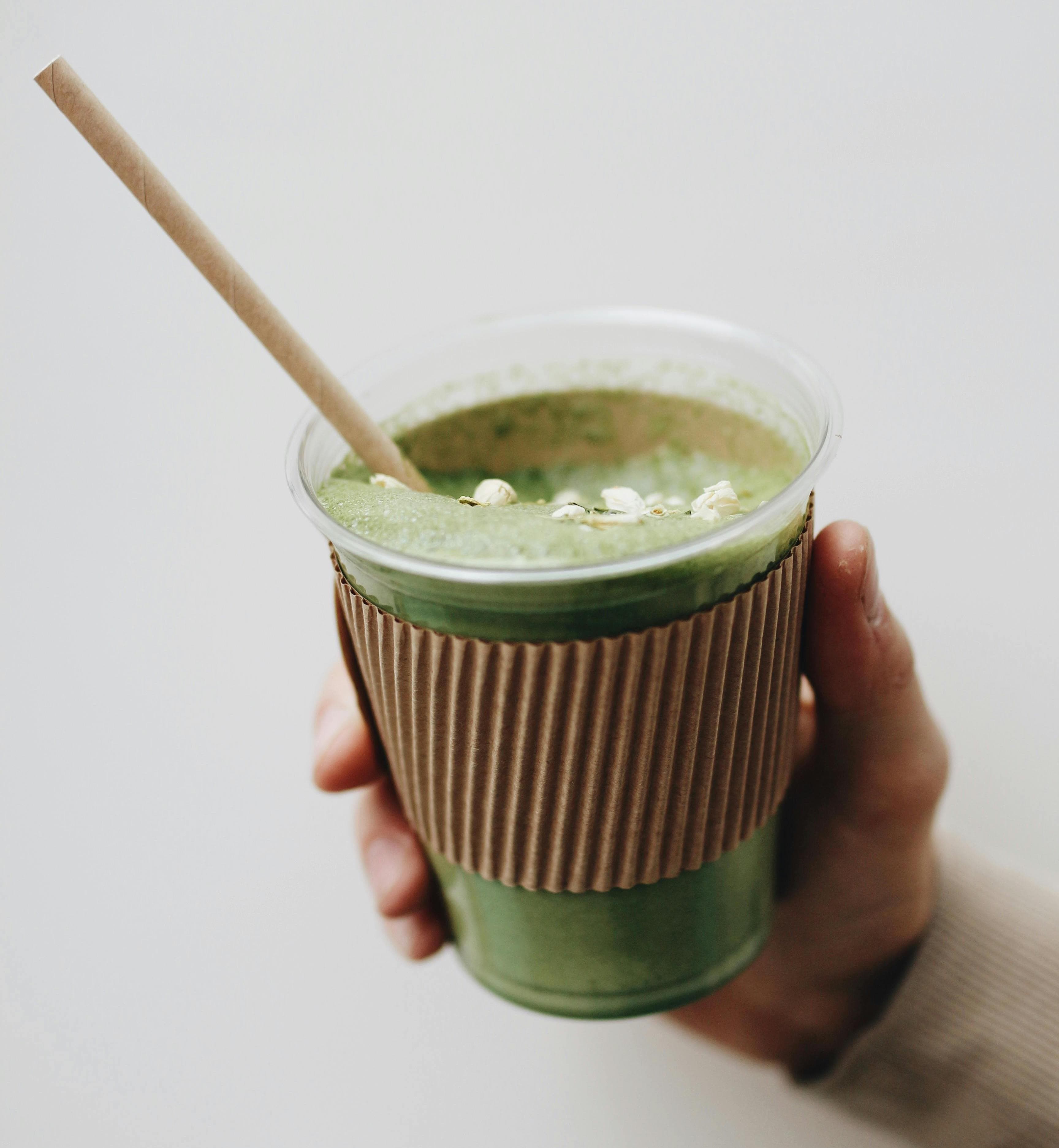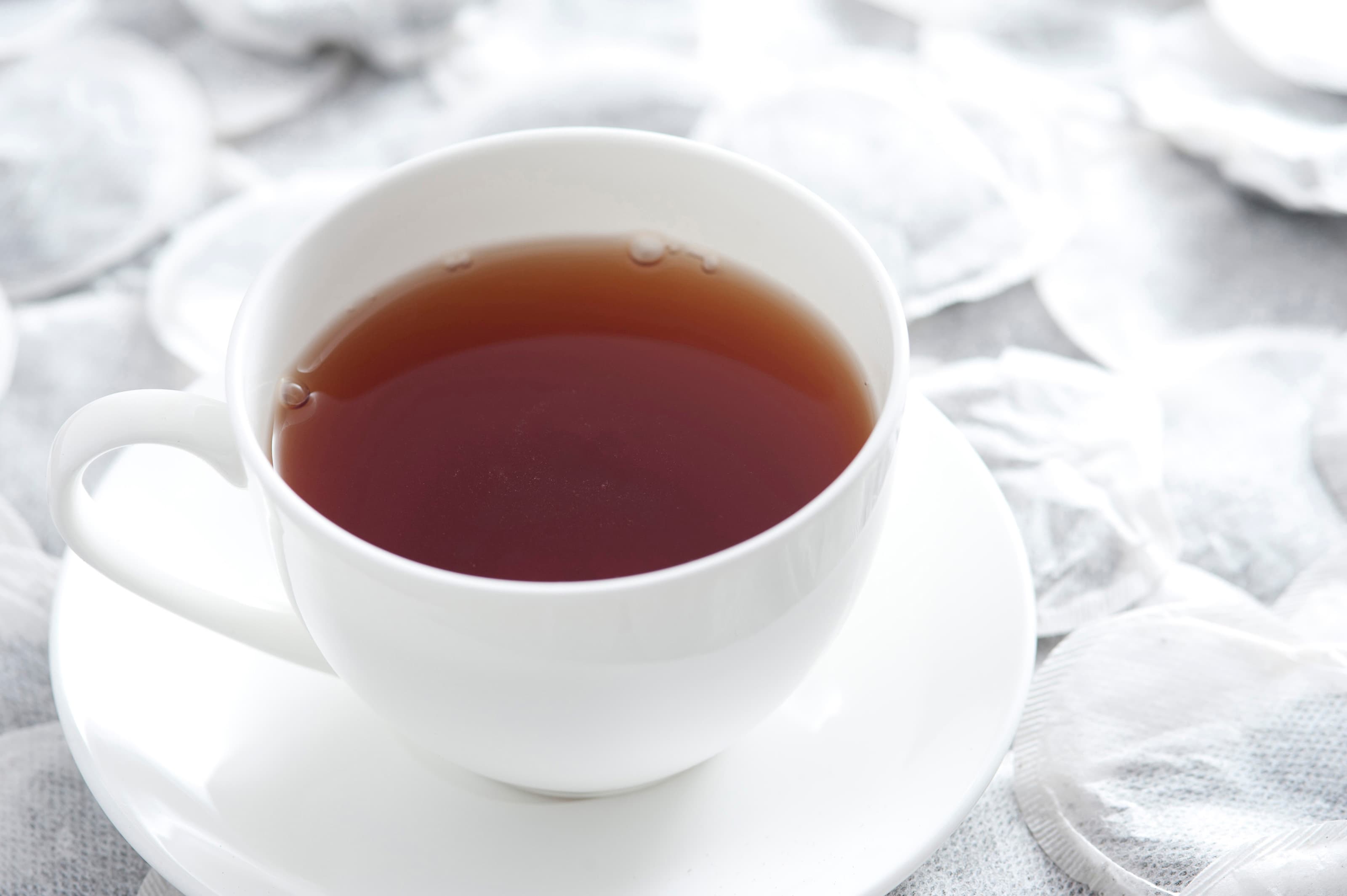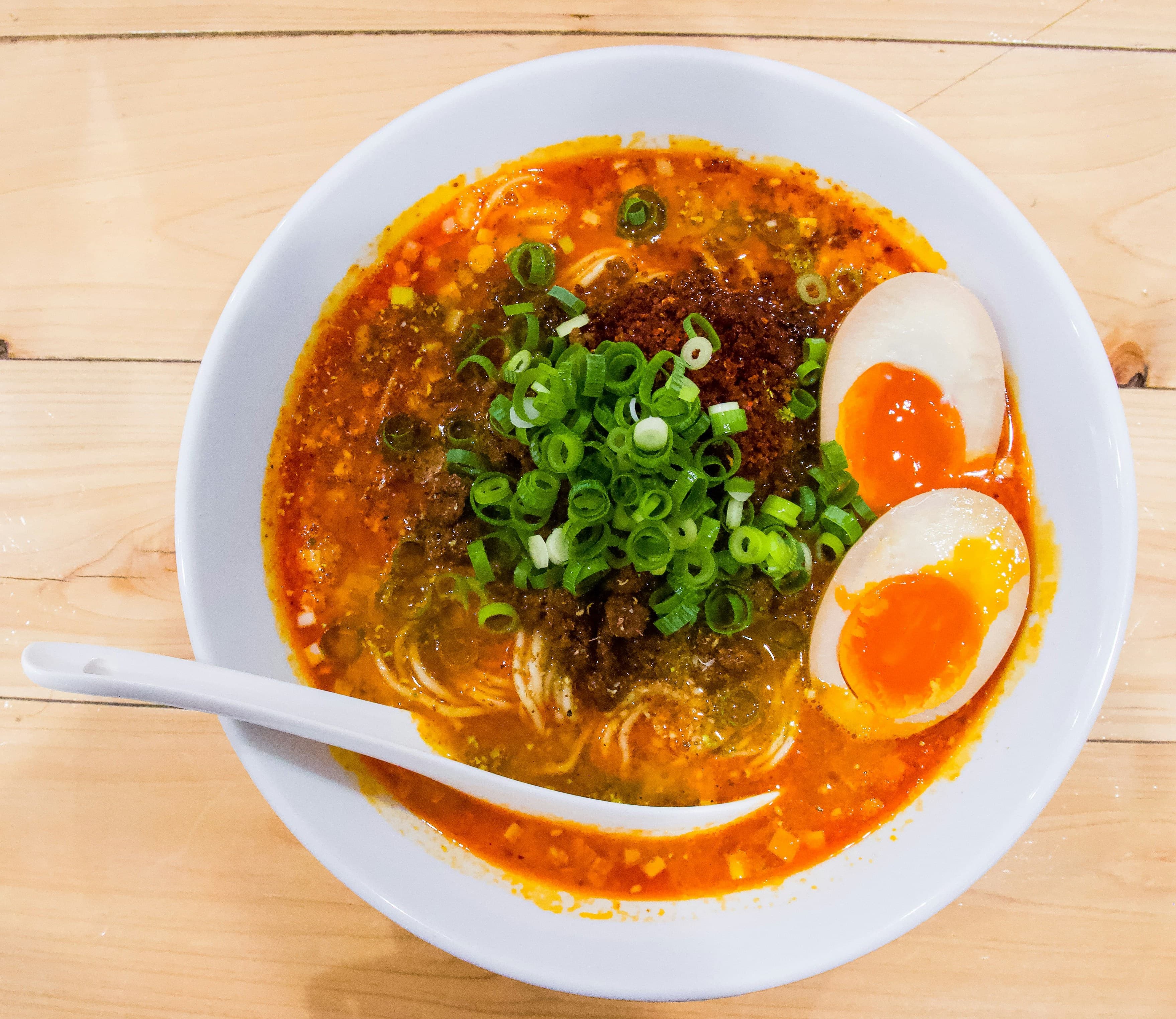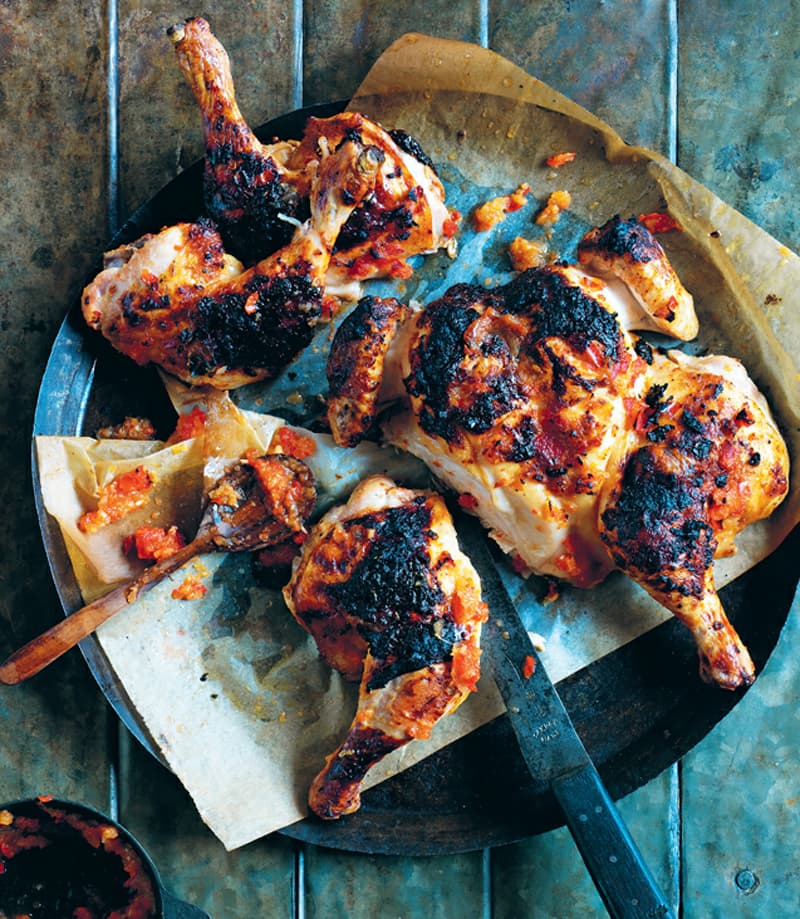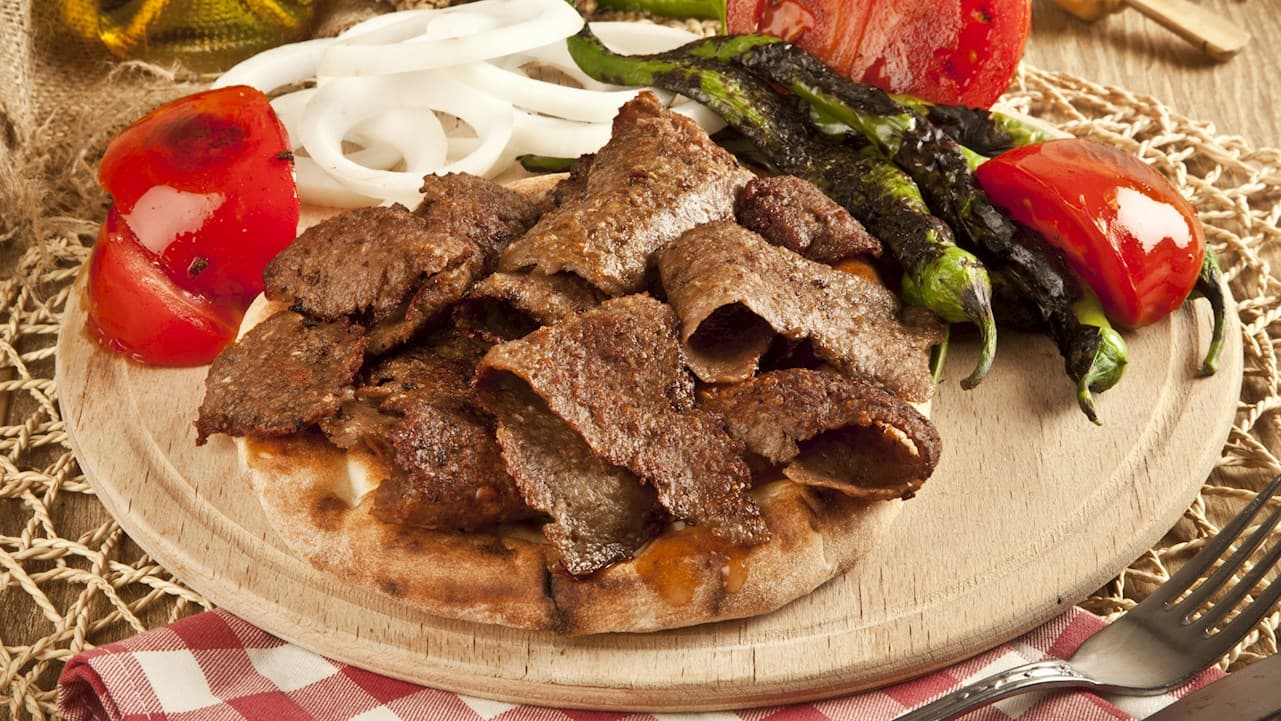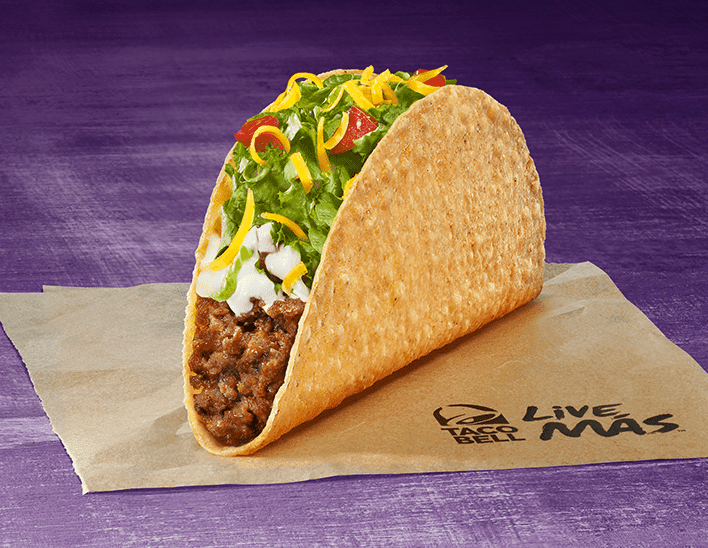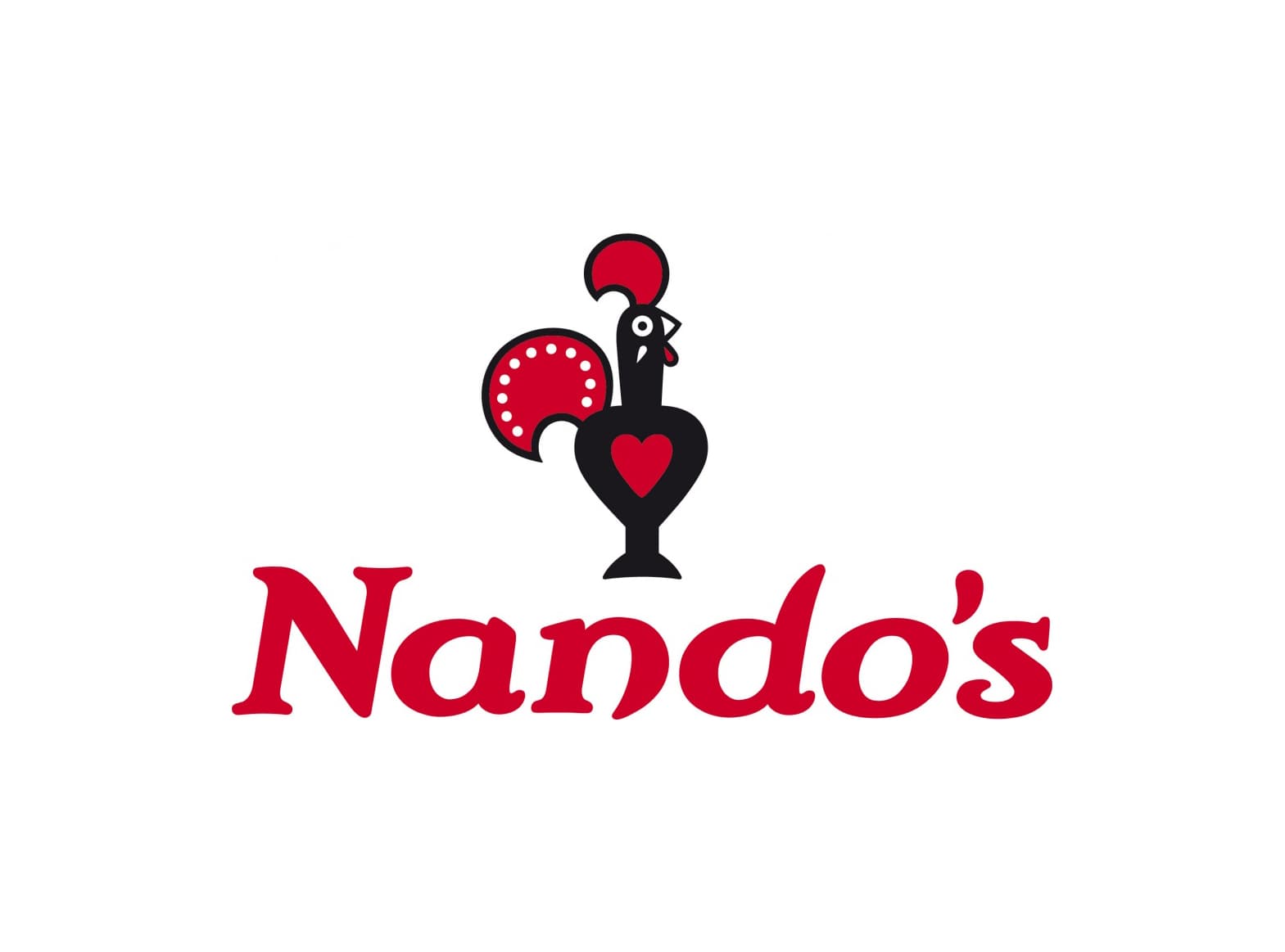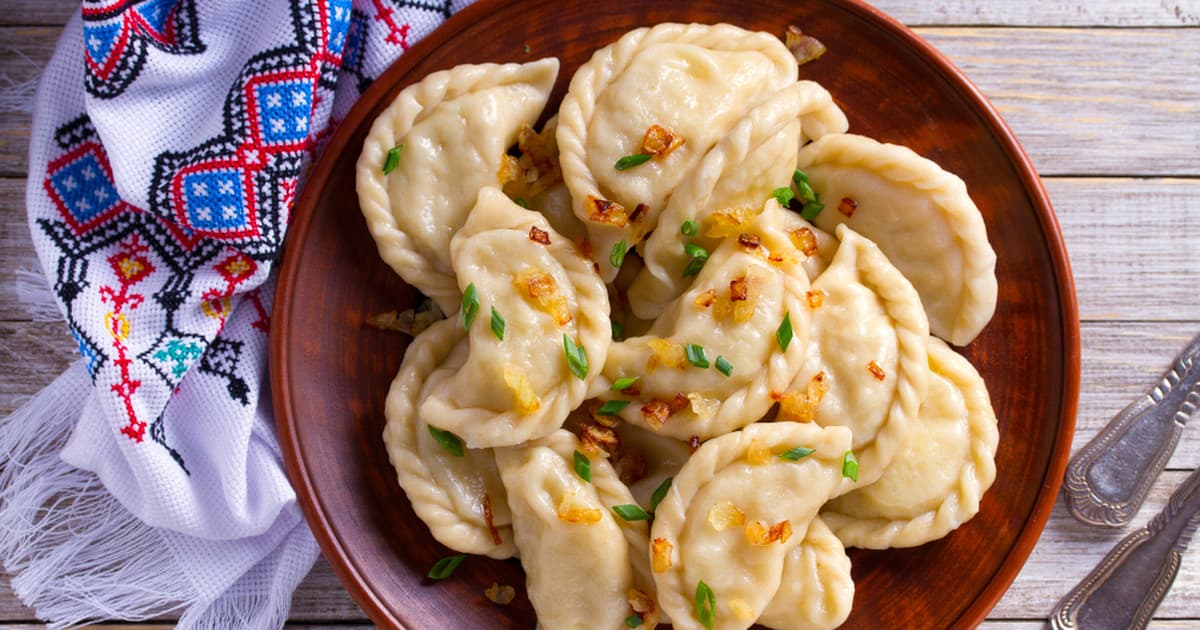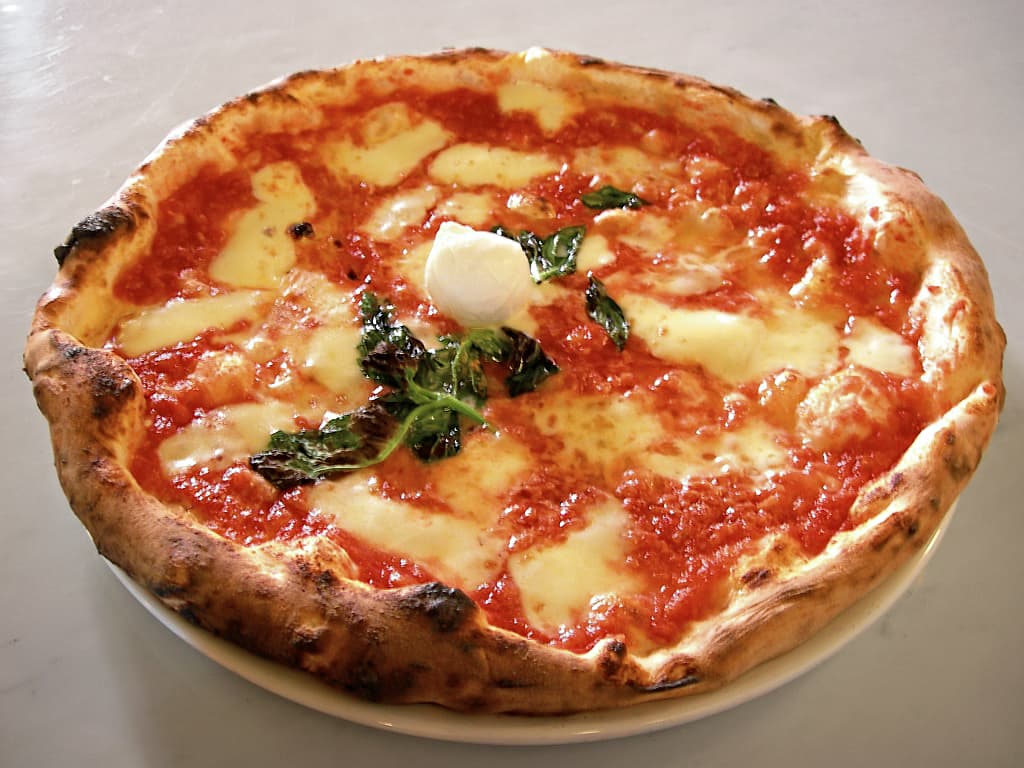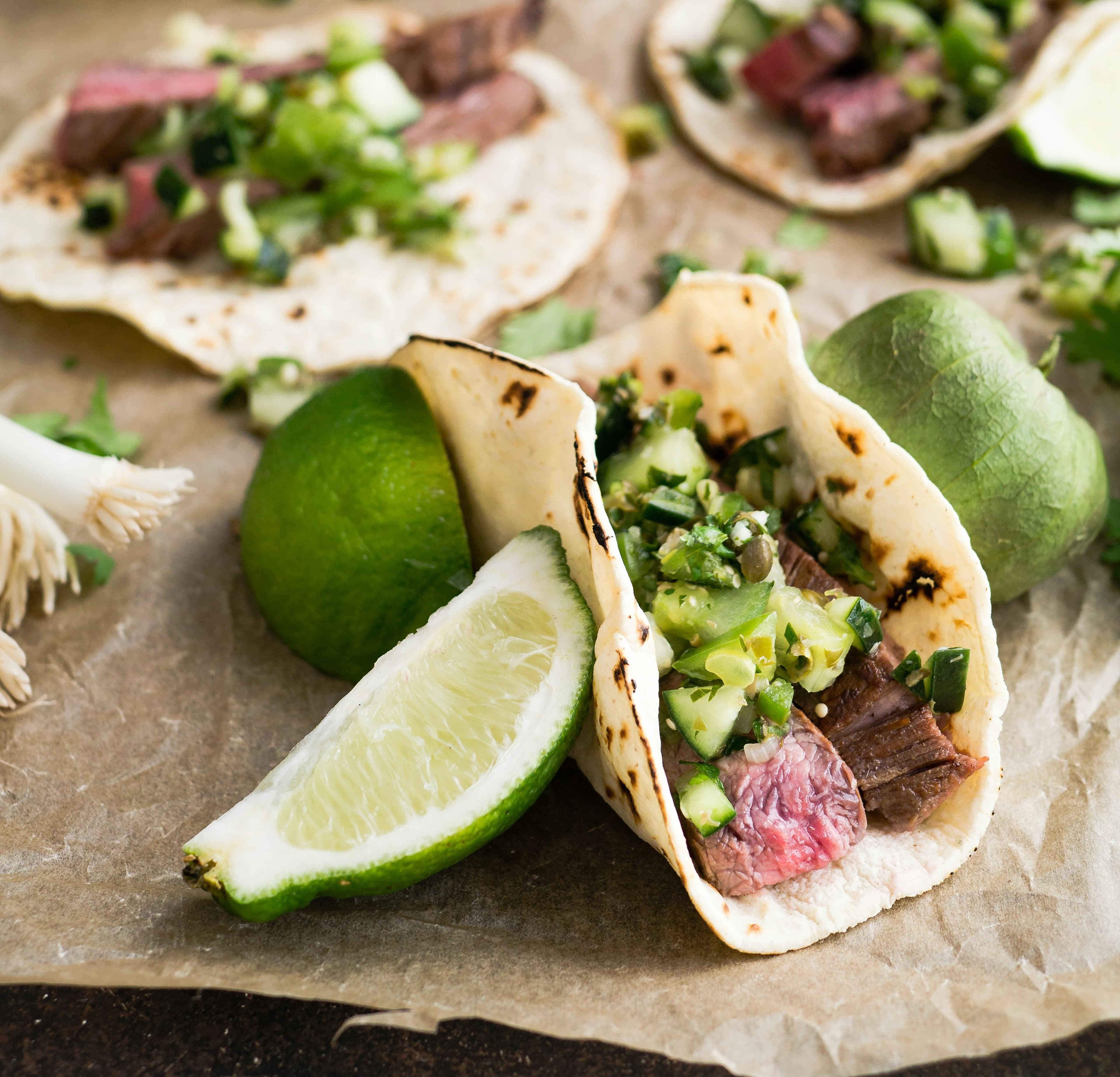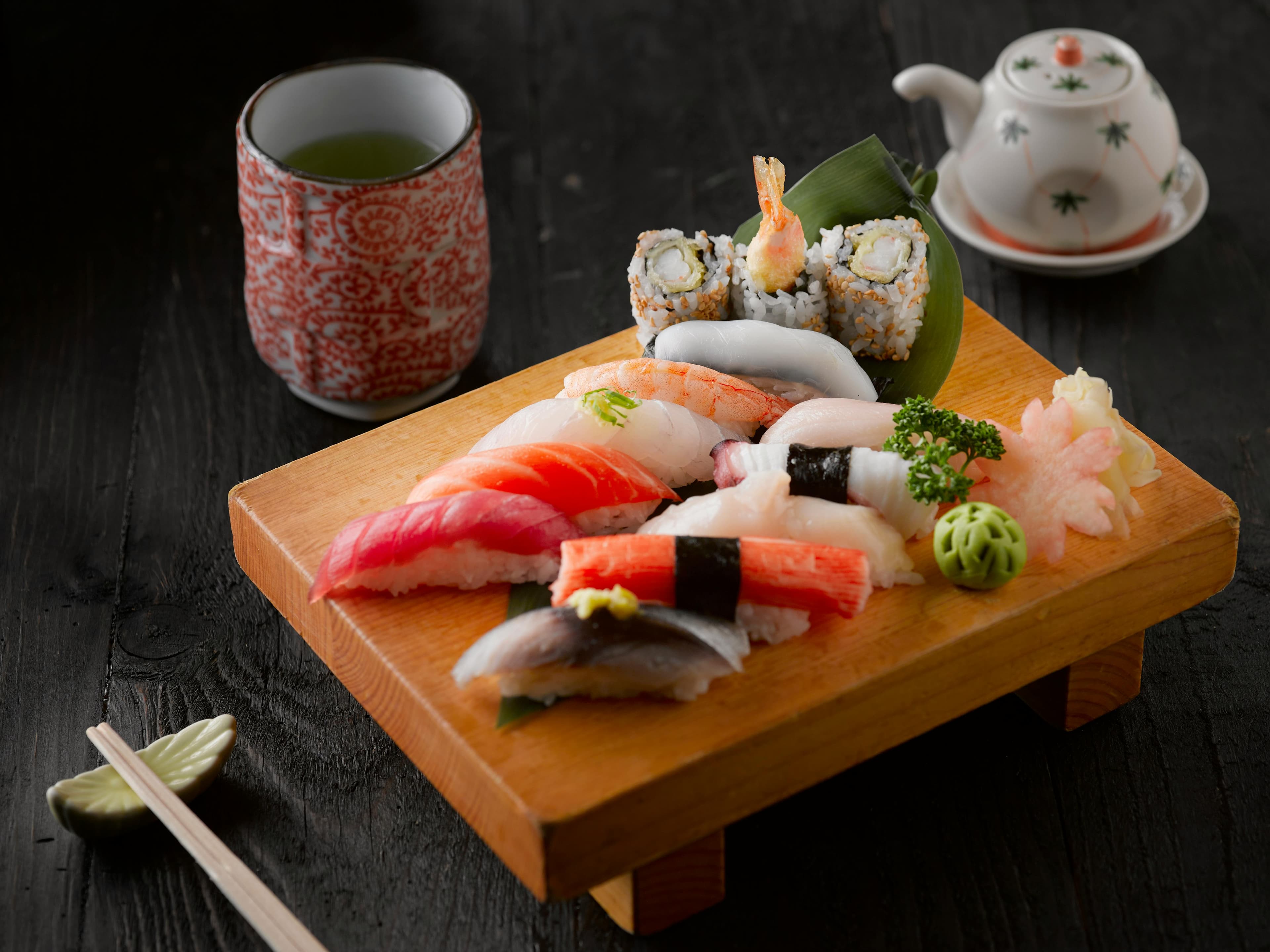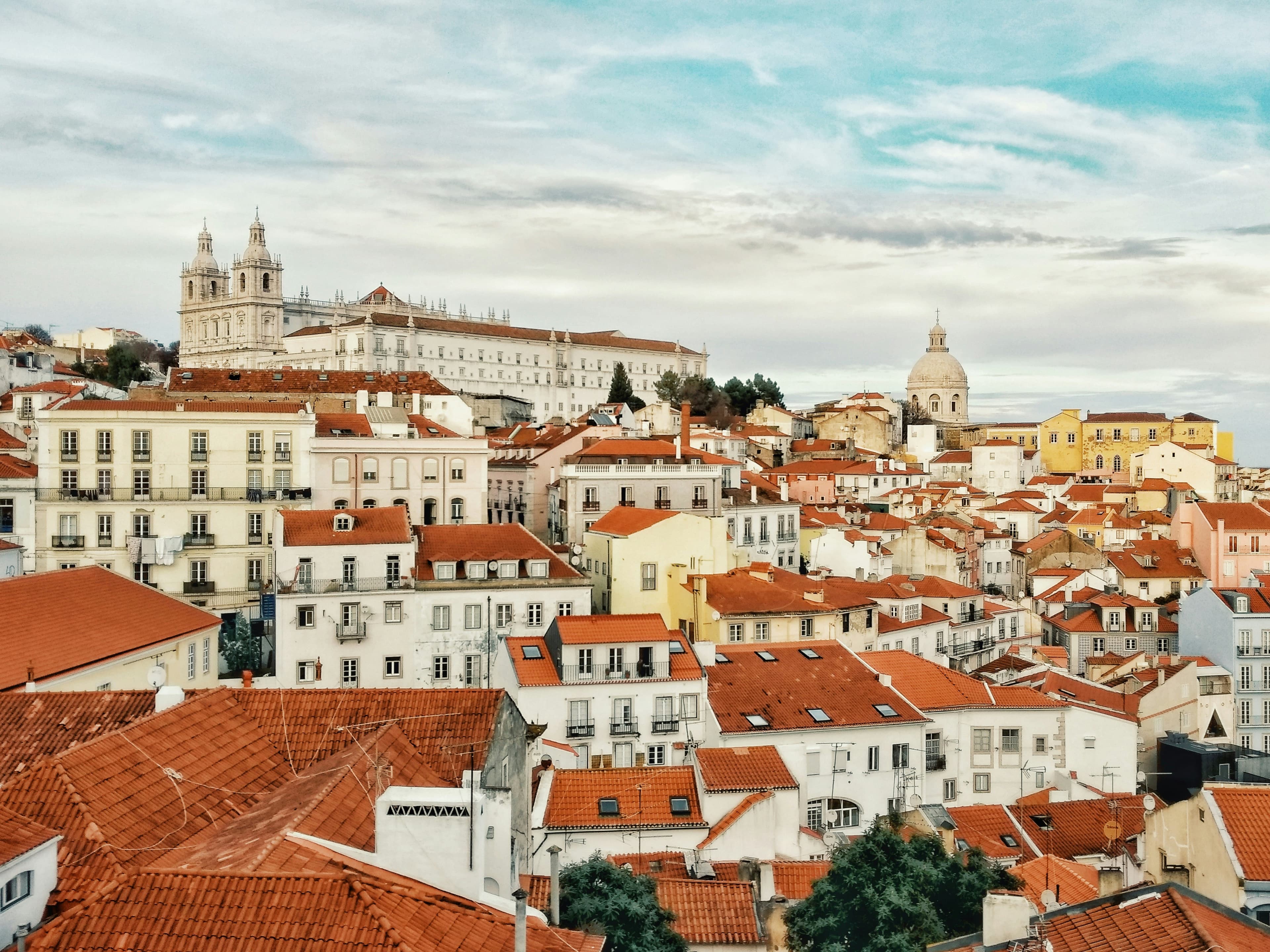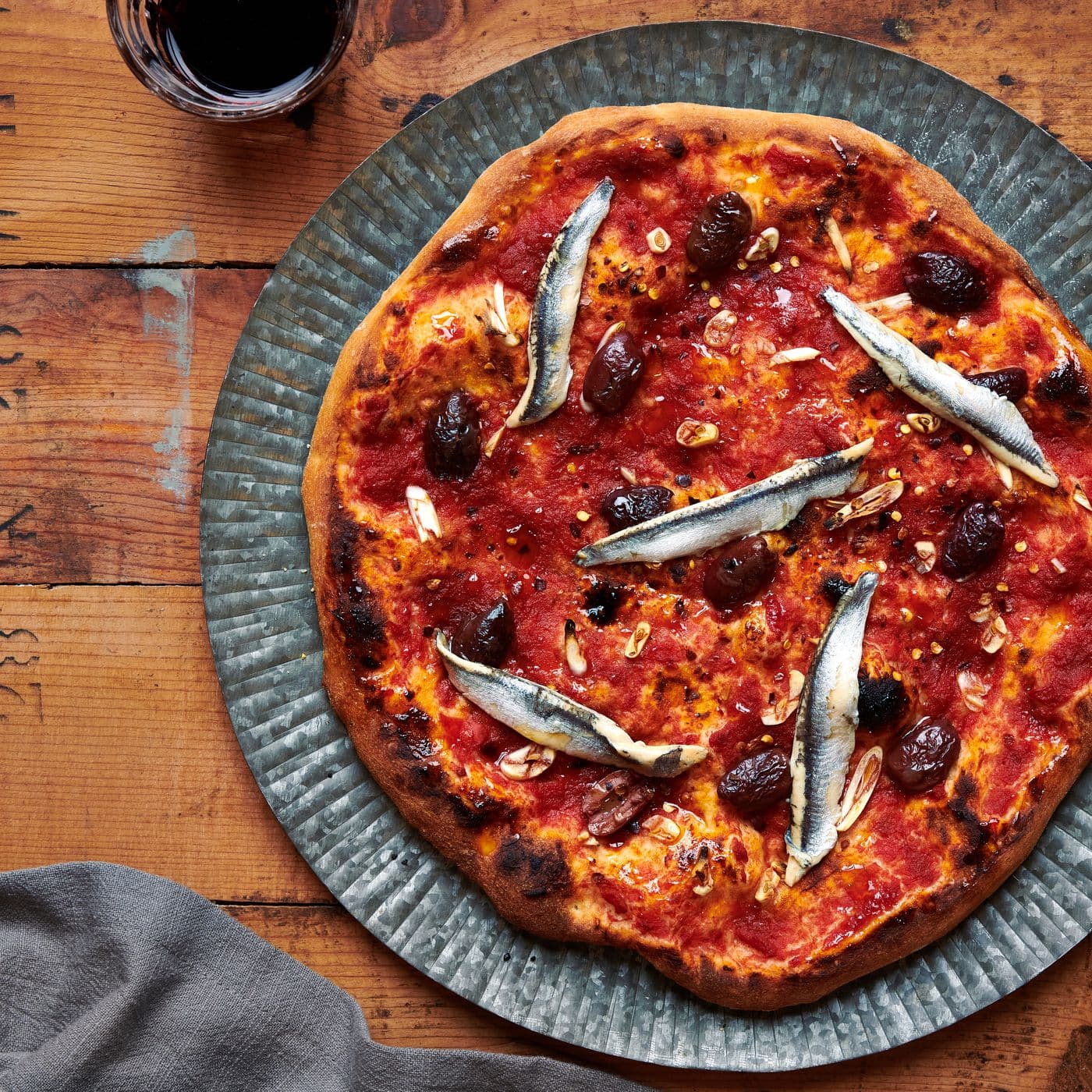Thai Cuisine vs. Portuguese Cuisine
Thai Cuisine
Thai cuisine is all about bold flavors, fresh ingredients, and a balance of sweet, sour, salty, bitter, and spicy tastes. Every meal feels like a mix of contrasts that somehow just works. You’ve got fragrant herbs like lemongrass, Thai basil, and kaffir lime leaves, paired with staples like fish sauce, chili, and coconut milk. Rice is at the heart of it all—jasmine rice is common in central and southern Thailand, while sticky rice rules up north and in the northeast. Meals are usually shared. There’ll be a spread of dishes—maybe a curry, a stir-fry, a soup, and a salad—all eaten with rice in the middle. The idea is to balance flavors across the meal rather than in just one dish. You might get the rich creaminess of massaman curry alongside the sharp, spicy crunch of som tam (green papaya salad) and the comforting warmth of a clear broth like tom yum. Street food is a huge part of everyday life. Walk down any road and you’ll find vendors grilling skewers of marinated meat, tossing noo...
Portuguese Cuisine
Portuguese cuisine stands as a prime contender for the title of the best food in the world, thanks to its rich culinary traditions, emphasis on fresh ingredients, and a harmonious blend of flavours that reflect its historical maritime prowess. Here's a compelling argument that underscores why Portuguese food deserves this accolade: Diversity Influenced by History and Geography Portuguese food is a palimpsest of the various cultures that have interacted with Portugal over centuries. From the Age of Discoveries when Portuguese explorers brought back spices from Africa and Asia, to the integration of New World crops such as tomatoes and potatoes, the cuisine reflects a synthesis of global flavours uniquely blended with traditional Iberian techniques. This historical melding of east and west, north and south, makes Portuguese cuisine not only diverse but uniquely rich and varied. Focus on High-Quality, Fresh Ingredients At the heart of Portuguese cuisine is the use of fresh, hi...
Reviews
Reviewed on 2/24/2025
Really spicy. Plenty of fresh ingredients and lots of variety. Famous for tom yum, pad thai, and curries. I find Thai cuisine, and especially their street food, exceptionally creative. Writing this makes me really miss Thai food. The only downside is that it can be too spicy for foreigners like me.

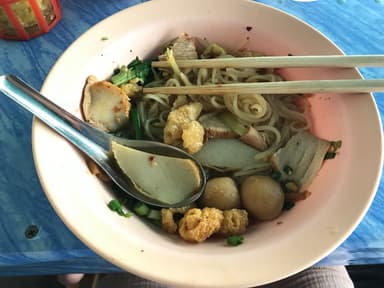


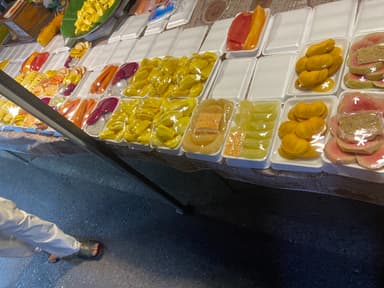
Reviews
| Item | Votes | Upvote |
|---|---|---|
| Very spicy | 2 | |
| Very flavorful | 2 | |
| Much affordable | 2 |
| Item | Votes | Upvote |
|---|---|---|
| Very spicy | 2 | |
| Can be hard on the belly | 2 |
| Item | Votes | Upvote |
|---|---|---|
| No pros yet, would you like to add one? | ||
| Item | Votes | Upvote |
|---|---|---|
| No cons yet, would you like to add one? | ||
Frequently Asked Questions
The comparison between Portuguese and Thai cuisine often comes down to personal preferences for flavors and spices. Portuguese cuisine is known for its rich culinary traditions, fresh ingredients, and harmonious blend of flavors influenced by its historical maritime prowess. It emphasizes high-quality seafood and simple seasoning to enhance natural flavors. On the other hand, Thai cuisine is famous for its spiciness, variety, and use of fresh ingredients. It is known for dishes like tom yum, pad thai, and curries, offering a vibrant and flavorful experience. However, the spiciness of Thai food can be a con for some, as it might be hard on the stomach. Ultimately, whether one cuisine is better than the other depends on individual taste preferences.
Both Portuguese and Thai cuisines offer a wide variety of dishes, but they are distinct in their approaches. Portuguese cuisine is diverse due to its historical influences from different cultures, incorporating a range of seafood, meats, and fresh produce. Techniques like grilling over charcoal and using cataplana enhance the flavor profiles. Thai cuisine, however, is renowned for its vast array of dishes that include spicy soups, salads, stir-fries, and curries. The use of a wide range of herbs and spices creates a complex and varied flavor palette. If you prefer a cuisine with bold and spicy flavors, Thai might be your choice. If you appreciate a cuisine with a rich historical context and a focus on fresh, simple ingredients, Portuguese cuisine might appeal more to you.
Yes, Thai cuisine is generally much spicier than Portuguese cuisine. Thai dishes often incorporate a variety of hot chilies and spices, making them very spicy, which is a hallmark of the cuisine. This is evident in popular dishes like tom yum and various Thai curries. In contrast, Portuguese cuisine uses spices like piri-piri (small fiery chilies), but the overall spice level is typically milder compared to Thai cuisine. The emphasis in Portuguese cooking is more on enhancing the natural flavors of fresh ingredients rather than overwhelming them with heat.
Thai cuisine is generally considered to be more affordable than Portuguese cuisine. Thai food is known for being budget-friendly while still offering a wide variety of flavorful and satisfying dishes. Street food in Thailand, such as pad thai and various curries, is especially renowned for being both delicious and economical. Portuguese cuisine, while also offering some affordable options, tends to emphasize high-quality, fresh seafood, which can be more costly. Therefore, if affordability is a key factor, Thai cuisine might be the better option.
Thai cuisine is characterized by bold flavors, fresh ingredients, and a balance of sweet, sour, salty, bitter, and spicy tastes. It features fragrant herbs like lemongrass and Thai basil, paired with staples such as fish sauce, chili, and coconut milk. Meals typically include a variety of dishes shared among diners, with rice at the center. Street food plays a significant role in Thai culture, offering a wide range of delicious options.
Pros of Thai Cuisine include its very spicy and flavorful dishes, as well as its affordability. However, some cons are that it can be very spicy and may be hard on the belly for some individuals.
Popular dishes in Thai Cuisine include tom yum soup, pad Thai, and various curries. Each region in Thailand offers its own specialties, such as khao soi in the north and fiery curries in the south.
The ambiance of enjoying Thai Cuisine is often lively and communal, with meals typically shared among friends and family. Street food vendors create a vibrant atmosphere, allowing diners to experience the bustling culture of Thailand while enjoying a variety of flavorful dishes.
Common ingredients in Thai Cuisine include jasmine rice, sticky rice, fish sauce, chili, coconut milk, and a variety of fresh herbs such as lemongrass, Thai basil, and kaffir lime leaves.
Portuguese cuisine is renowned for its rich culinary traditions, emphasis on fresh ingredients, and a harmonious blend of flavors influenced by its historical maritime prowess. It features a diverse array of dishes that reflect a synthesis of global flavors uniquely blended with traditional Iberian techniques.
Staple ingredients in Portuguese cuisine include fresh seafood such as sardines, bacalhau (dried and salted cod), octopus, and various shellfish. Additionally, the cuisine emphasizes the use of fresh, local produce, piri-piri (small fiery chillies), garlic, and olive oil.
Portuguese cuisine reflects its historical influences through the integration of spices from Africa and Asia brought back during the Age of Discoveries, as well as the incorporation of New World crops such as tomatoes and potatoes. This historical melding of different cultures contributes to its diverse and rich culinary tradition.
Traditional cooking techniques in Portuguese cuisine include the use of the 'cataplana' (a clam-shaped cooker) that seals in flavors and juices, and grilling over charcoal which infuses dishes with a smoky richness. The cuisine also relies on simple seasoning to enhance the natural flavors of the ingredients.
As of now, there are no user-generated pros and cons for Portuguese cuisine. However, the cuisine is generally praised for its use of fresh, high-quality ingredients and diverse flavors. Possible cons might include the potential for some dishes to be too rich or seasoned for certain palates.
